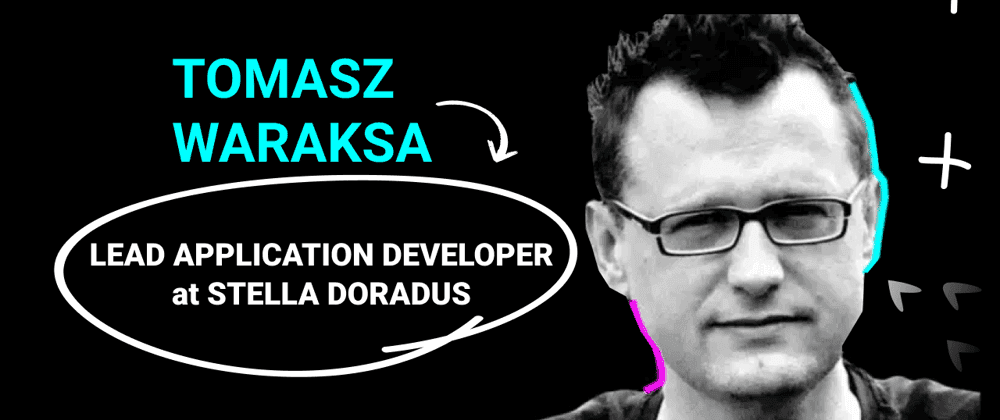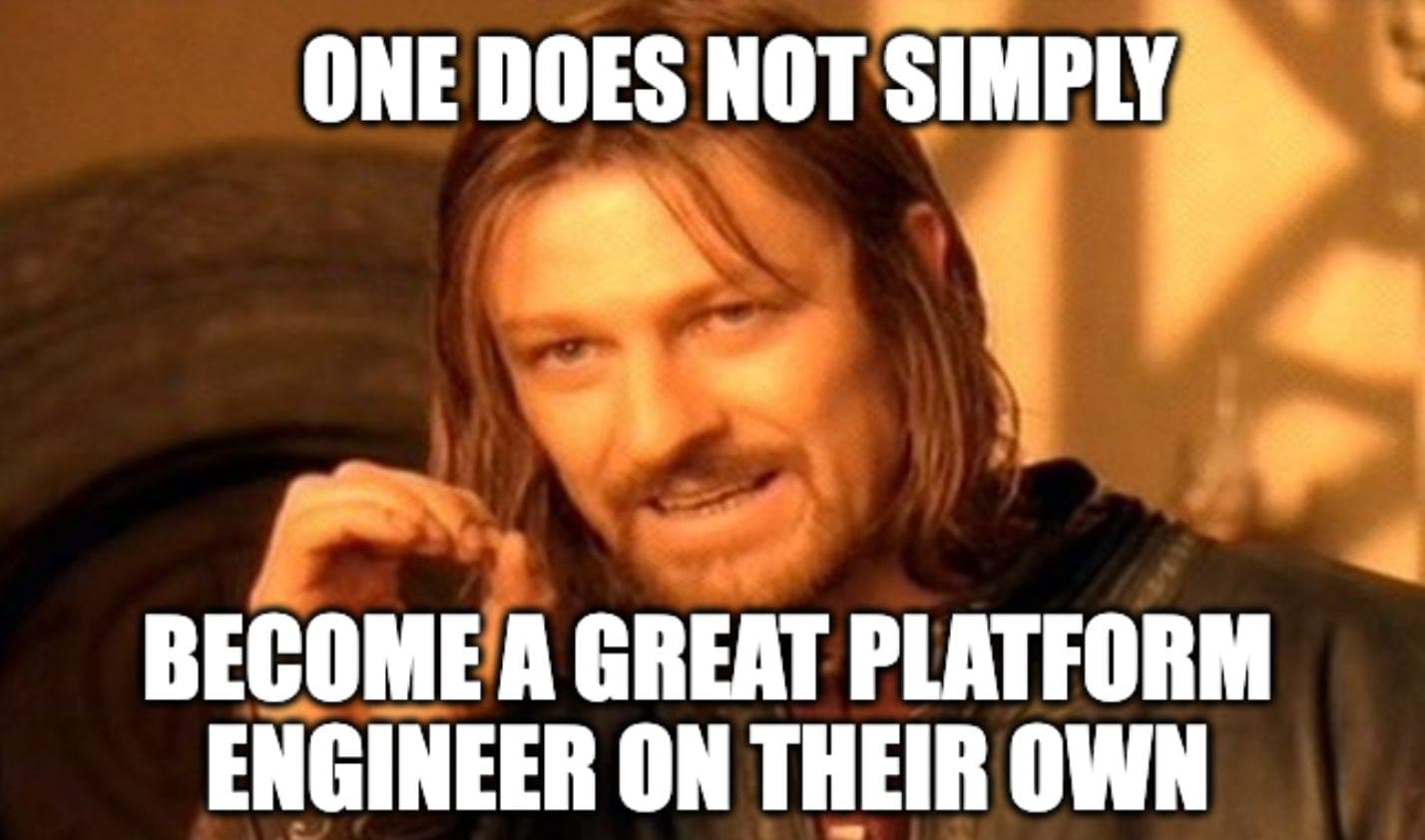A year ago I wrote an article for Dzone titled The Rise and Fall of a Senior Developer. Filled with personal anecdotes and stories from my years as a software engineer, the article was a critique of industry practices surrounding the somewhat controversial issue of ranking programmers’ seniority. I realized that I might sound like an elitist dinosaur patronizing the upcoming generation of software engineers. A sort of “back in my day we did things differently” mentality that every generation seems to age into.
So you can imagine my surprise when the article became not only my most popular submission, but caught the eye of Dan Lines, host of the Dev Interrupted podcast.
In a follow-up to my article from last year, I’d like to share some of the takeaways from my discussion with Dan and discuss whether or not some of these hiring practices have changed in the past year.
The rise of remote work is truly changing the landscape of hiring developers and finding talent. But are companies better able to find The True Senior Software Developers in 2021?
What is a “senior” developer?
There is no objective measure of a senior developer. Everything is dependent upon the specific work environment a developer finds themselves in. A humorous analogy could be the movie Idiocracy.
Seniority is determined very differently in an environment where your superiors have less knowledge and experience than yourself. Likewise, in a highly technical environment filled with experienced individuals, for instance, Tesla’s autonomous car team, you might discover seniority is determined by different standards.
My most pragmatic answer is to say that it really depends on where you are and that hopefully your organization isn’t being run completely incompetently.
To me a senior is someone who has mastered their domain beyond a majority of their team. That’s probably the safest way for a manager to define how to find a senior developer: quantify the average level of knowledge on their team, and seek somebody who is above that average.
Being good at your job doesn’t make you senior
Not everyone hired at a company can be a senior developer but that’s a good thing because you don’t want everybody to be at the high end of the spectrum. You need a team which is properly varied and has people with all levels of skills to fill in all the niches and gaps in your development process.
Very often, companies just need someone who is good at React or proficient in TypeScript, able to adapt well to a team, understand a project, pick up tasks and implement them efficiently. That’s a good developer — not a senior developer. Those are things that you would expect from any member of a team because that’s what you pay people for.
I believe that when you’re looking for a senior developer, you should be evaluating well above average. Unfortunately, it seems many companies advertise for senior developers, in the hope that they will somehow filter out the noise and get the most talented people, simply because they made it clear they were searching for senior candidates.
Of course every developer that shows up to an interview is going to say “ I am a senior developer, a god amongst men.” Why? Because that’s what everyone wants to hear!
That’s probably a reason why seemingly 90% of advertisements for developer positions are for seniors, while the reality is that on a team there are only a few seniors.
Experience isn’t everything
Though a year has gone — and you, dear reader, find yourself with another year of experience — that’s not an indication that you have magically become a senior developer. My belief that experience matters but is in no way an indicator of being a senior developer hasn’t changed. Let’s be honest, somebody can be a lazy bum for ten years and by sheer luck navigate through corporate realities and get away with it. As I said before:
“10 years of JavaScript is just as good of an indicator of me being a senior programmer as 10 years jail time for armed robbery is an indicator of me being a law professor.”
Years of experience are needed, but I would never use them as the sole indicator of being a senior.
Where are we today?
Now that we have recapped, where are we today?
The rise in remote work is changing the hiring landscape and the development process. Companies are beginning to shift more teams to asynchronous development or hybrid models. These changes might be well-received by individuals but what will the long term impact be on hiring practices?
It’s my opinion that companies are way too focused on the hottest frameworks, coolest tricks and fancy techniques, while forgetting the bigger picture, the concepts and principles behind software engineering and languages.
In the interview process applicants will claim to be Angular senior developers because they have an understanding of how to set up Vuex state store or fetch data from REST service using Axios, but having no idea about observer pattern, how asynchronous JavaScript actually works and are ignorant about prototype inheritance.
All these fancy things, they come and go very fast. But fundamental knowledge stays with us much longer, and if needed, allows us to learn all these transient frameworks, fads and fashions.
Companies need to train themselves to filter out the noise. Don’t hire for passing fads. Look to hire developers with strong fundamentals because those are difficult to teach. If a candidate is good at something, even if it’s not the particular framework or language you are looking for, you should not dismiss them.
A real-life example
When I arrived in Ireland, I began applying for jobs and got interviewed by two gentlemen who started grilling me at the whiteboard. At some point during the interview I interrupted and said, “Guys, I think you have the wrong person here. I came to Ireland with a background as a .NET with a specialty in C sharp.” They wanted someone proficient in Python and I had never worked with it professionally.
What they said next completely blew me away:
“We understand you don’t know much Python but we like your way of thinking, we see you are a brilliant C sharp programmer.”
Then they allowed me to take the test assignment for the interview in my preferred language of C sharp. Once I finished, they brought in a colleague from another floor who was a C sharp expert, he looked at my work, gave his approval, and they hired me on the spot.
After about half a year, I was actually teaching Python to junior developers on the team.
I was taken by this honest approach to logic and hiring. They recognized an expertise in me even if it wasn’t exactly what they were looking for.
There’s no replacing good fundamentals
It’s possible that the past year, and the continued evolution it has brought to remote work and remote dev teams, has caused more companies to jump at the chance to hire senior developers who claim they are experienced just because they put “managed remote dev teams for x years” on their resume.
But when I watch events like this remote engineering panel, it is my hope that more people in the industry are adequately identifying The True Senior Software Developers, by avoiding the pitfalls of buzzwords and fad languages to hire exceptional individuals.
While the fads and fashions of 2021 won’t be around forever, good fundamentals aren’t going anywhere (remote work might not be either.) Stick to hiring principles with an emphasis on expertise, but avoid having so narrow a view as to overlook talented individuals, and remember to always give honest feedback.
Not everyone is a senior developer, but if we’re honest with ourselves and our abilities, we can all take the steps to get there!
If you’re interested in this topic, you can find more content like this on my blog at https://letsdebug.it .
Also consider checking out Dev Interrupted, a weekly podcast featuring a wide array of software engineering leaders and experts, exploring topics from dev team metrics to accelerating delivery.



